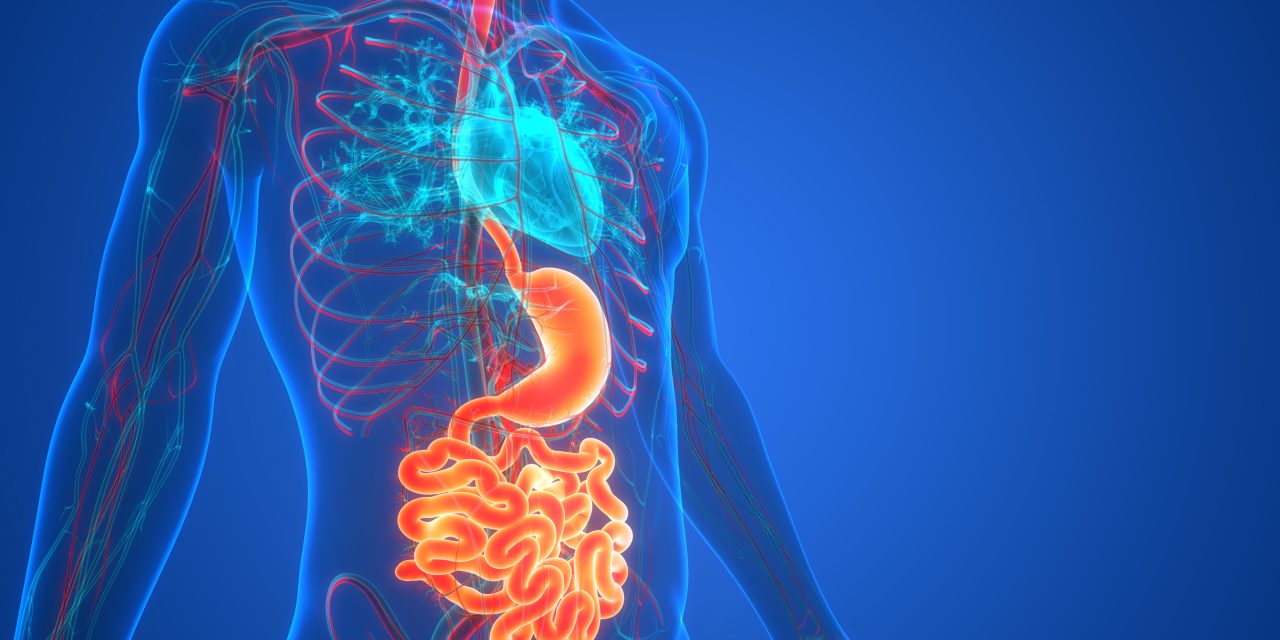For a study, the researchers sought to determine if a low fermentable substrate diet (LFSD) reduces the frequency of abdominal pain in children with irritable bowel syndrome (IBS) and if any microbiological characteristics influence diet efficacy. At baseline and during one week of an LFSD intervention, pain symptoms, stooling features, breath hydrogen and methane, entire intestinal transit time, stool microbiota, and metabolite composition were collected and/or reported in eight children with IBS. While on the LFSD, the individuals’ pain frequency (P<0.05), pain severity (P<0.05), and pain-related interference with activities (P<0.05) all decreased. Responders vs. non-responders: four children (50%) were recognized as responders (abdominal discomfort frequency decreased by more than 50% while on the LFSD). There were no differences in hydrogen generation, methane production, stooling characteristics, or gut transit time between responders and non-responders. Comparable to non-responders, responders had a higher pre-LFSD abundance of bacterial taxa belonging to the genera Sporobacter (P<0.05) and Subdoligranulum (P<0.02) and a lower abundance of taxa belonging to Bacteroides (P<0.05). Simultaneously, stool metabolites changed between responders and non-responders and were linked to microbiome composition differences. According to the findings of the pilot trial, an LFSD may be useful in reducing GI symptoms in children with IBS. In addition, LFSD efficacy may be linked to microbial characteristics such as gut microbiome composition and stool metabolites while on the diet.


